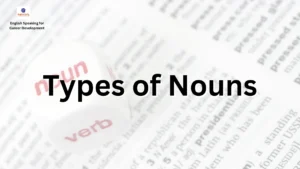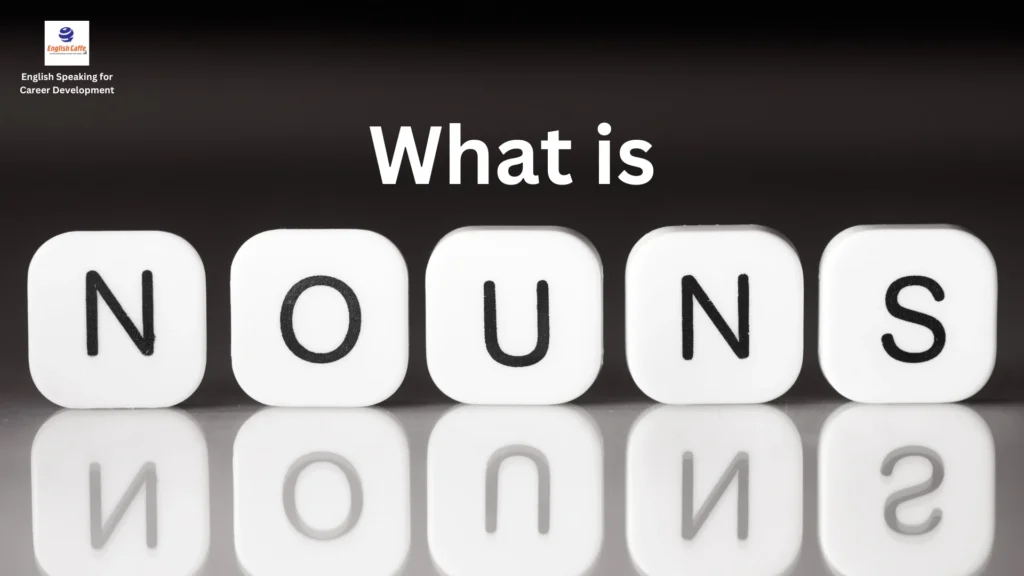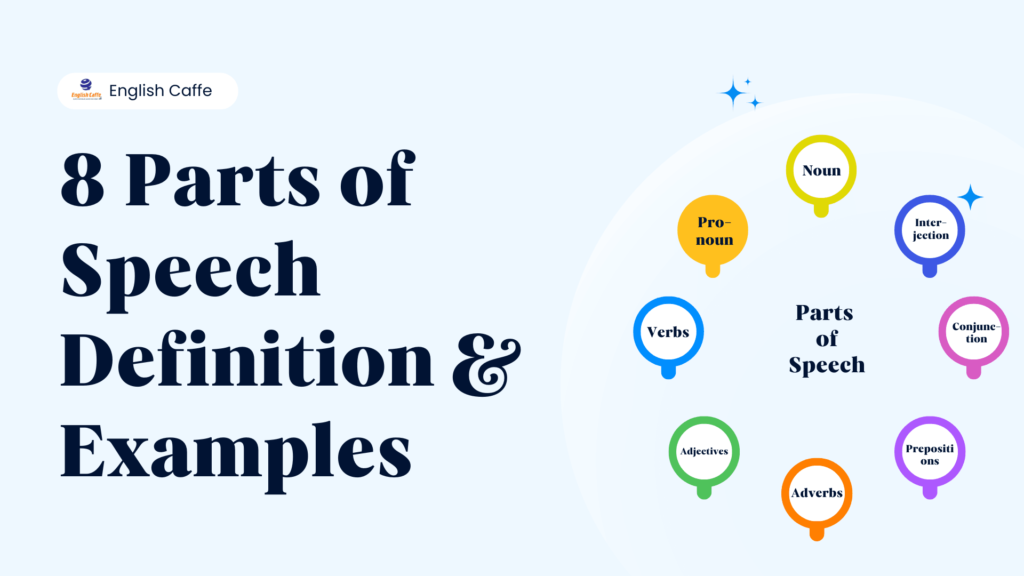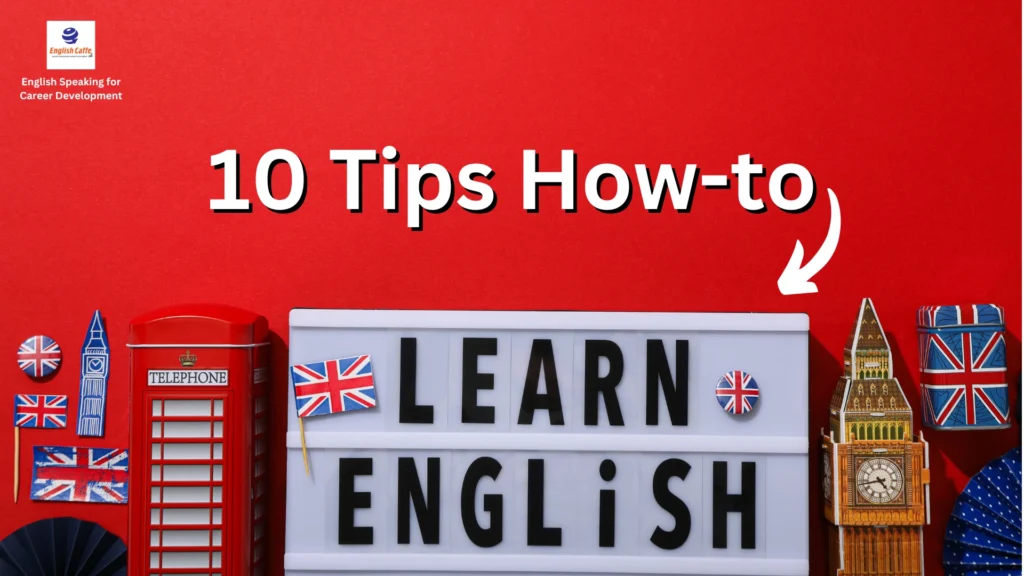Noun Definition and Examples
A noun is a word that names a person, place, thing, idea, or quality. It is an important part of sentences because it helps us talk about people, places, and things around us.
Nouns function as the subject of a sentence, the object of a verb, or the object of a preposition. In simpler terms, nouns are the names we use to talk about things in the world around us. For example:
- Person: teacher, Sarah, doctor
- Place: school, Paris, beach
- Thing: book, chair, apple
- Idea: love, freedom, happiness
- Quality: honesty, kindness, bravery
Types of Nouns

Nouns are categorized into several types based on their usage and meaning. Understanding these types helps us use nouns effectively in both spoken and written language.
You can you also read: Parts of Speech
Here are the main types of nouns, elaborated with definitions and examples:
1. Proper Nouns
The specific name of a person, location, or organization is referred to as a proper noun. Capitalization is usually used for proper nouns.
For instance:
Person: Maria Einstein, Albert Einstein
Location: Mount Everest, London
Organization: Microsoft, the United Nations
Proper nouns provide the subject of the reference something special.
For example, “New York” is a proper noun, whereas “city” is a common noun.
2. Common Nouns
Instead of referring to particular things, locations, people, or concepts, common nouns describe more general ones. Unless they start a sentence, they are not capitalized.
For instance:
Person: educator, sportsman
Location: school, park
Thing: vehicle, book
Unlike proper nouns, common nouns do not define a unique entity. For instance, whereas “Buddy” is the name of a specific dog, “dog” can refer to any dog.
3. Concrete Nouns
Concrete nouns name things that can be observed and touched. They are tangible and exist physically.
Examples:
- Person: chef, athlete
- Place: building, forest
- Thing: table, water
If you can perceive it through one of your five senses—sight, hearing, touch, taste, or smell—it’s a concrete noun.
4. Abstract Nouns
Abstract nouns refer to ideas, concepts, feelings, or qualities that cannot be seen or touched.
Examples:
- Idea: justice, creativity
- Feeling: anger, joy
- Quality: intelligence, honesty
These nouns help us express intangible aspects of life and are crucial in discussions involving emotions or concepts.
5. Countable Nouns
Countable nouns are those that can be counted and have both singular and plural forms.
Examples:
- Singular: apple, chair, student
- Plural: apples, chairs, students
Countable nouns are often paired with numbers or quantifiers like “a few” and “many.”
6. Uncountable Nouns
Uncountable nouns refer to substances, qualities, or concepts that cannot be counted individually. These nouns typically do not have a plural form.
Examples:
- Substances: water, air, sugar
- Concepts: advice, knowledge, courage
Uncountable nouns are used with quantifiers like “much” or “a little.”
7. Collective Nouns
A collective noun refers to a group of individuals or things considered as one entity.
Examples:
- People: team, family, crew
- Animals: flock, herd, pack
- Things: bundle, collection, batch
Even though a collective noun refers to multiple items, it is treated as singular when the group acts as a single unit.
8. Compound Nouns
Compound nouns are formed by combining two or more words to create a single noun. These words can be written as one word, hyphenated, or separate words.
Examples:
- One word: toothpaste, bookshelf
- Hyphenated: mother-in-law, six-pack
- Separate words: post office, swimming pool
Compound nouns often create new meanings that are not simply the sum of their parts.
9. Possessive Nouns
Possessive nouns show ownership or possession and are usually formed by adding an apostrophe and “s” (or just an apostrophe for plural nouns ending in “s”).
Examples:
- Singular: the cat’s toy, Sarah’s book
- Plural: the dogs’ kennel, the teachers’ lounge
Possessive nouns help indicate relationships or ownership between subjects and objects.
Usage of Nouns in Sentences
Nouns perform different functions in a sentence. Here are some examples:
As a subject:
- The dog barked loudly.
- Happiness is essential for a fulfilling life.
As an object:
- She read a fascinating book.
- They visited the museum.
As an object of a preposition:
- The gift is on the table.
- He is interested in science.
As a complement:
- Her dream is to become a teacher.
- That was a great performance.
Conclusion
Nouns are indispensable elements of language, enabling us to name and describe everything in our world. By understanding the various types of nouns and their roles in sentences, we can improve our communication and comprehension skills.
Whether it’s a concrete noun like “tree” or an abstract one like “freedom,” nouns help bring clarity and structure to our thoughts and expressions. Mastering their usage can significantly enhance both writing and speaking abilities.
Join English Speaking Course and Enhance your Fluency
Frequently Asked Questions
A noun is a word used to name a person, place, thing, idea, or quality. For example:
- Person: doctor, John
- Place: beach, India
- Thing: chair, pencil
- Idea: love, liberty
- Quality: kindness, strength
Nouns form the backbone of language, allowing us to identify and describe the world around us. They serve as the subject or object in sentences, playing a crucial role in communication.
The five main types of nouns are:
- Proper Nouns: These refer to specific names of people, places, or organizations. For example, “Albert Einstein” and “Mount Everest.” They are always capitalized.
- Common Nouns: These refer to general items or concepts, such as “city,” “teacher,” or “dog.” They are not capitalized unless at the start of a sentence.
- Concrete Nouns: These name things that can be perceived through the senses, like “apple,” “music,” or “sand.”
- Abstract Nouns: These refer to ideas or qualities that cannot be seen or touched, such as “happiness,” “courage,” or “freedom.”
- Collective Nouns: These represent a group or collection of individuals or things, like “team,” “family,” or “flock.”
Each type of noun plays a unique role in adding meaning and context to sentences.




Nice